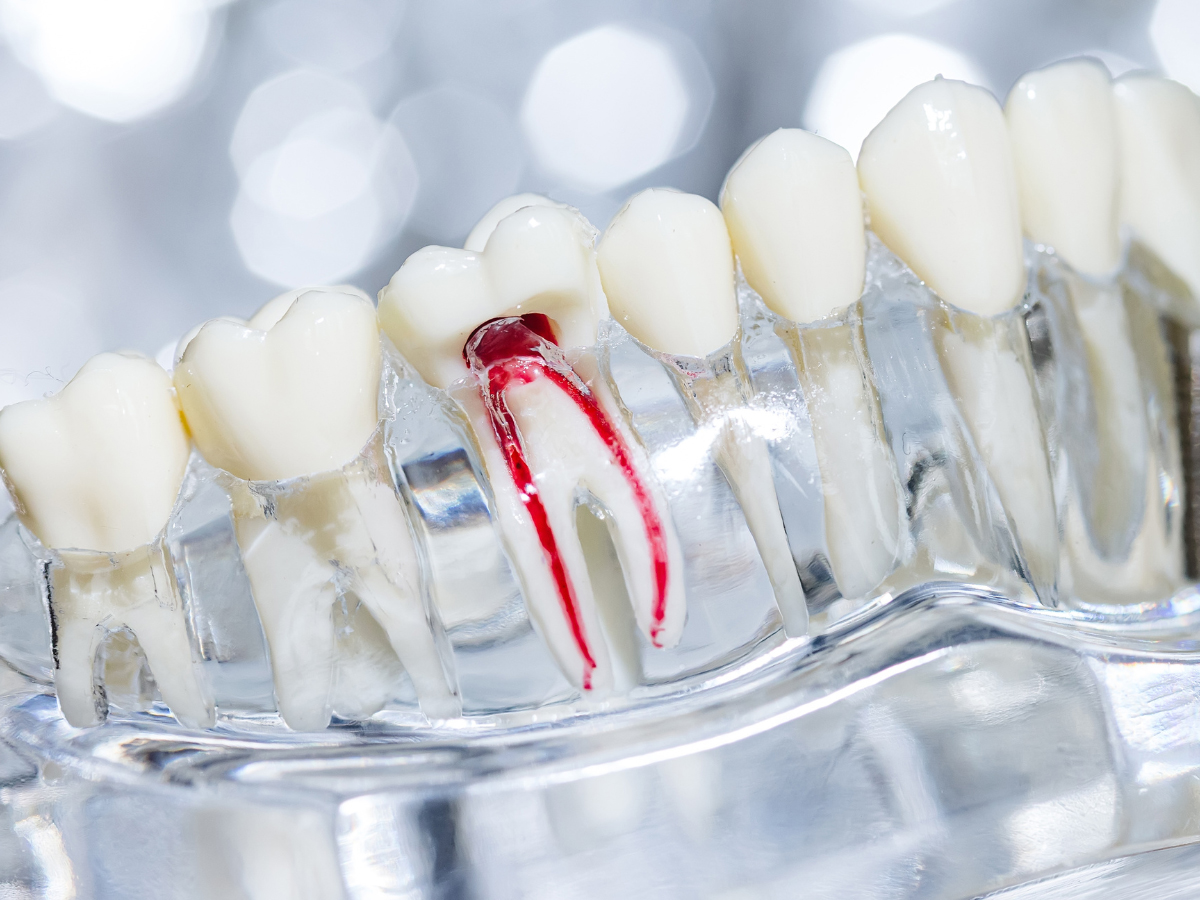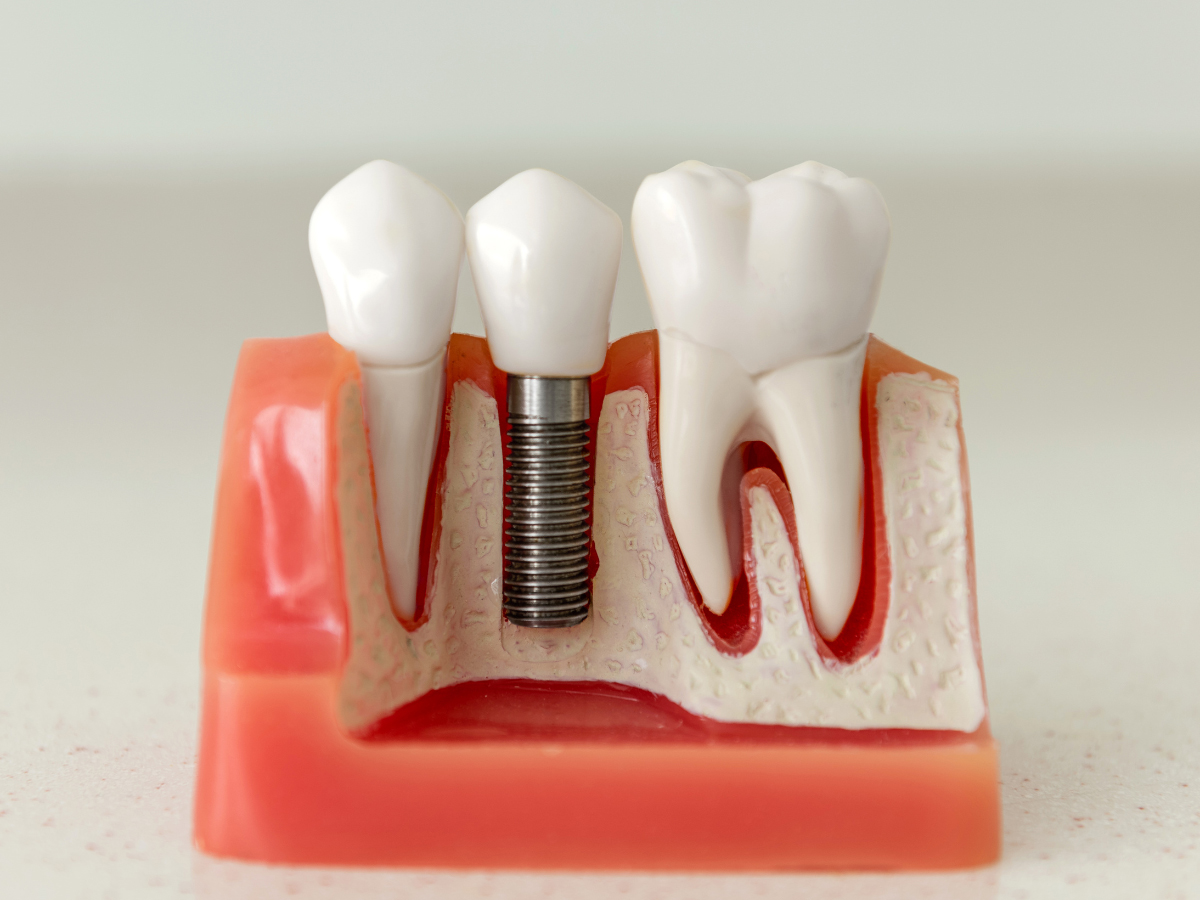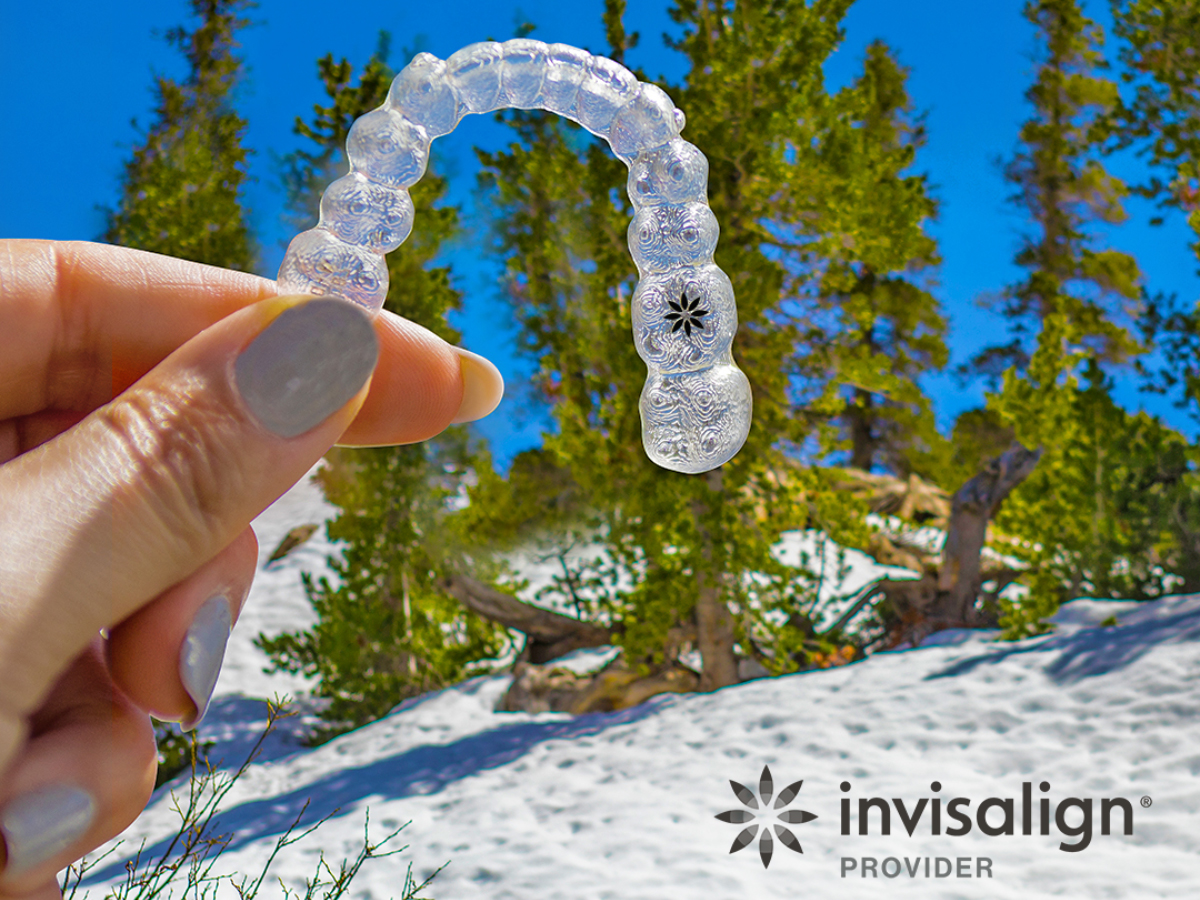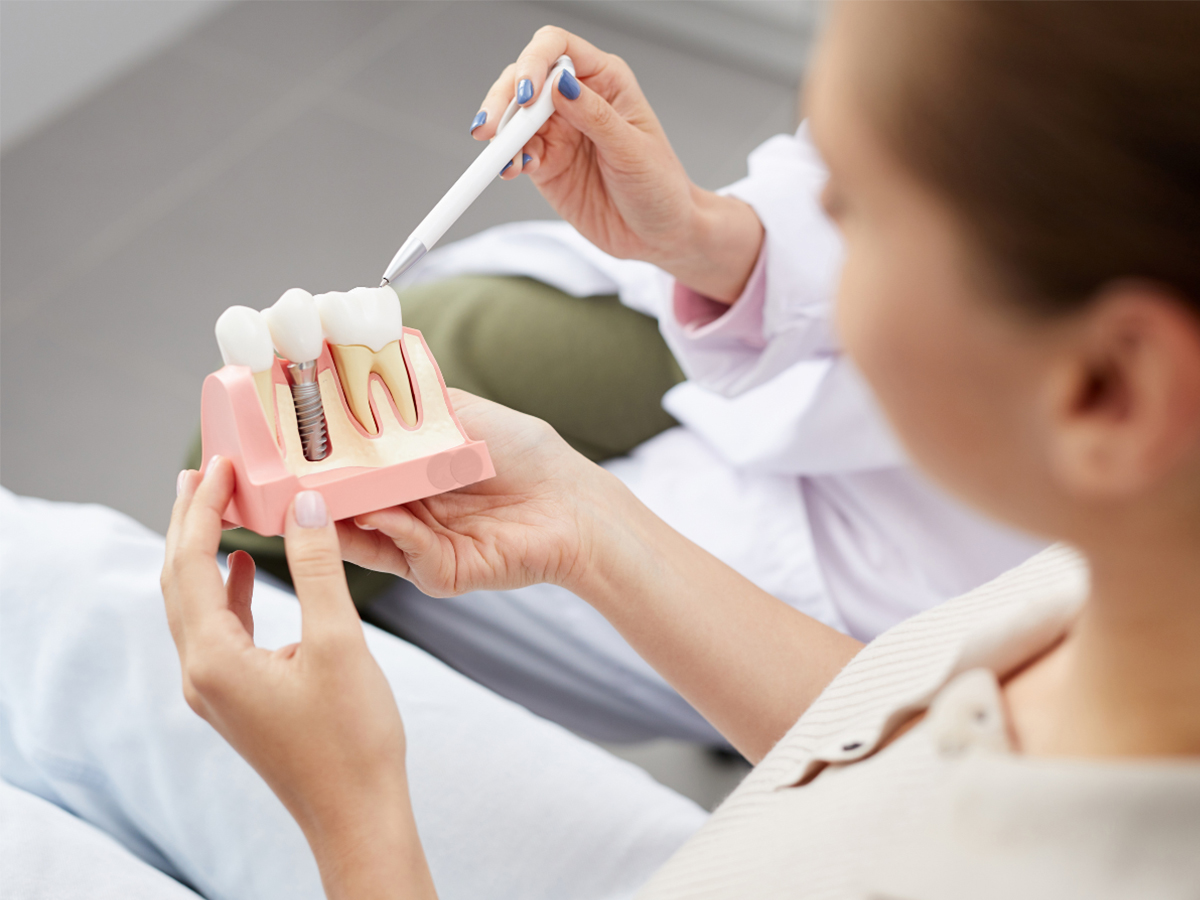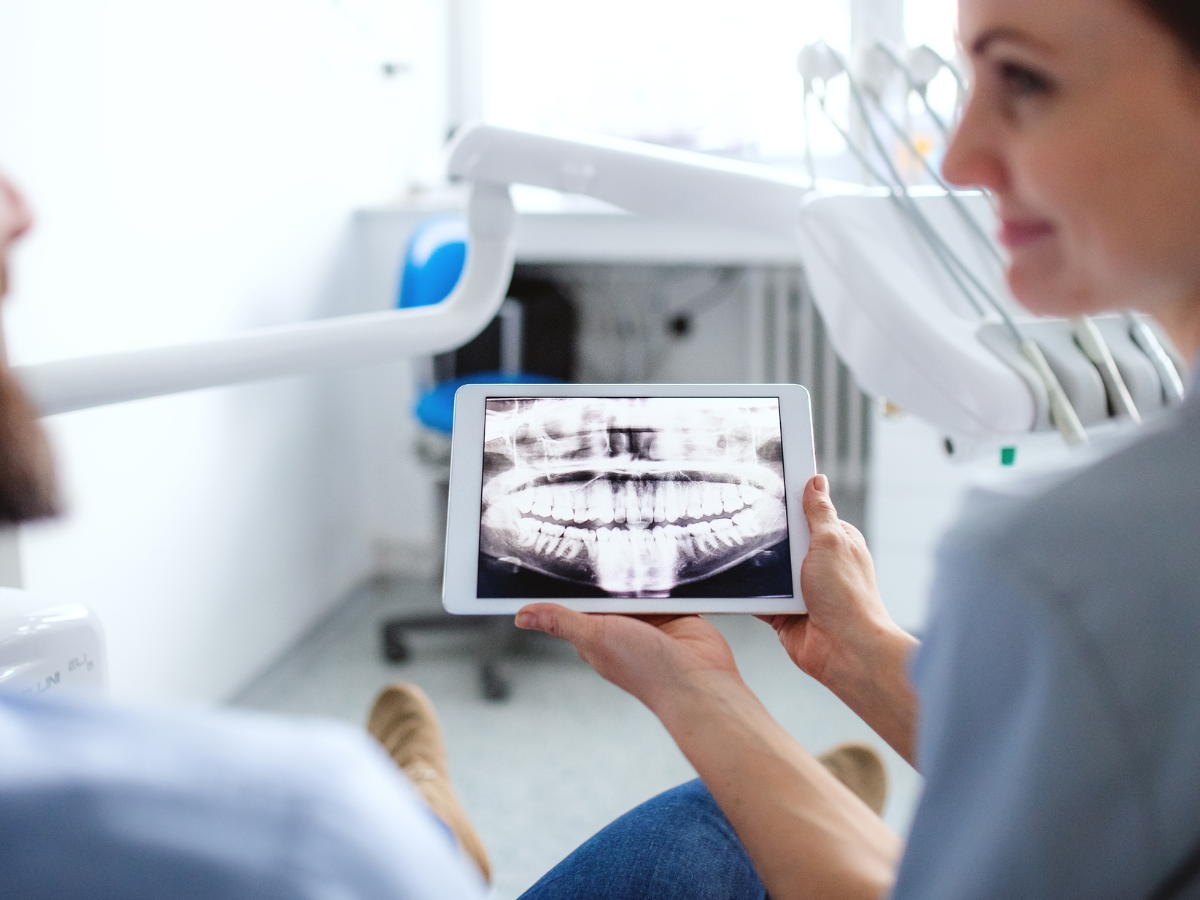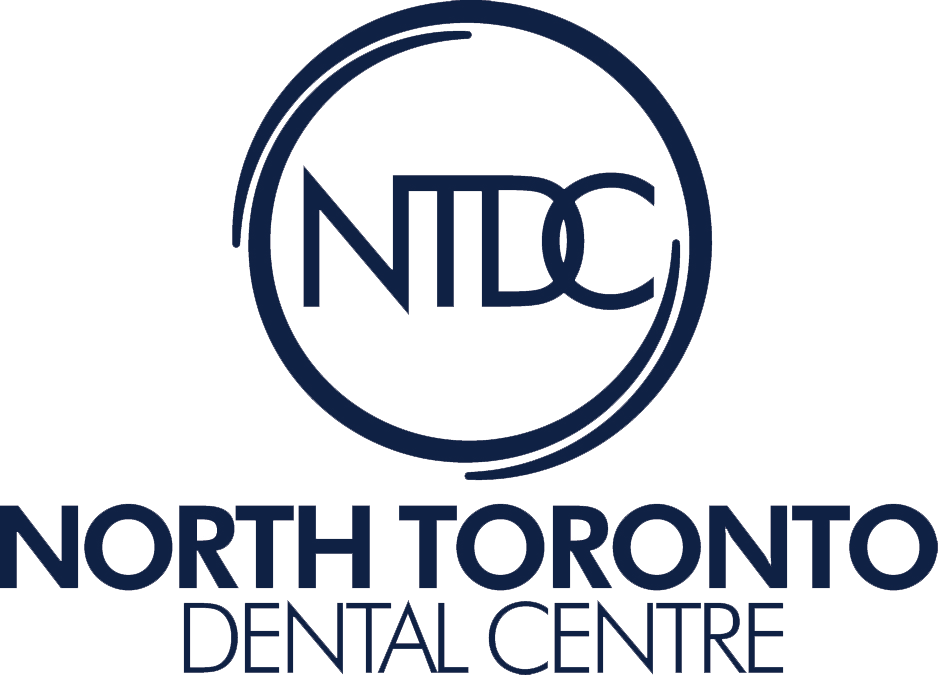Blog
Dentist on Avenue Rd: Pediatric Sedation Safety
October 27, 2025 / Dentistry
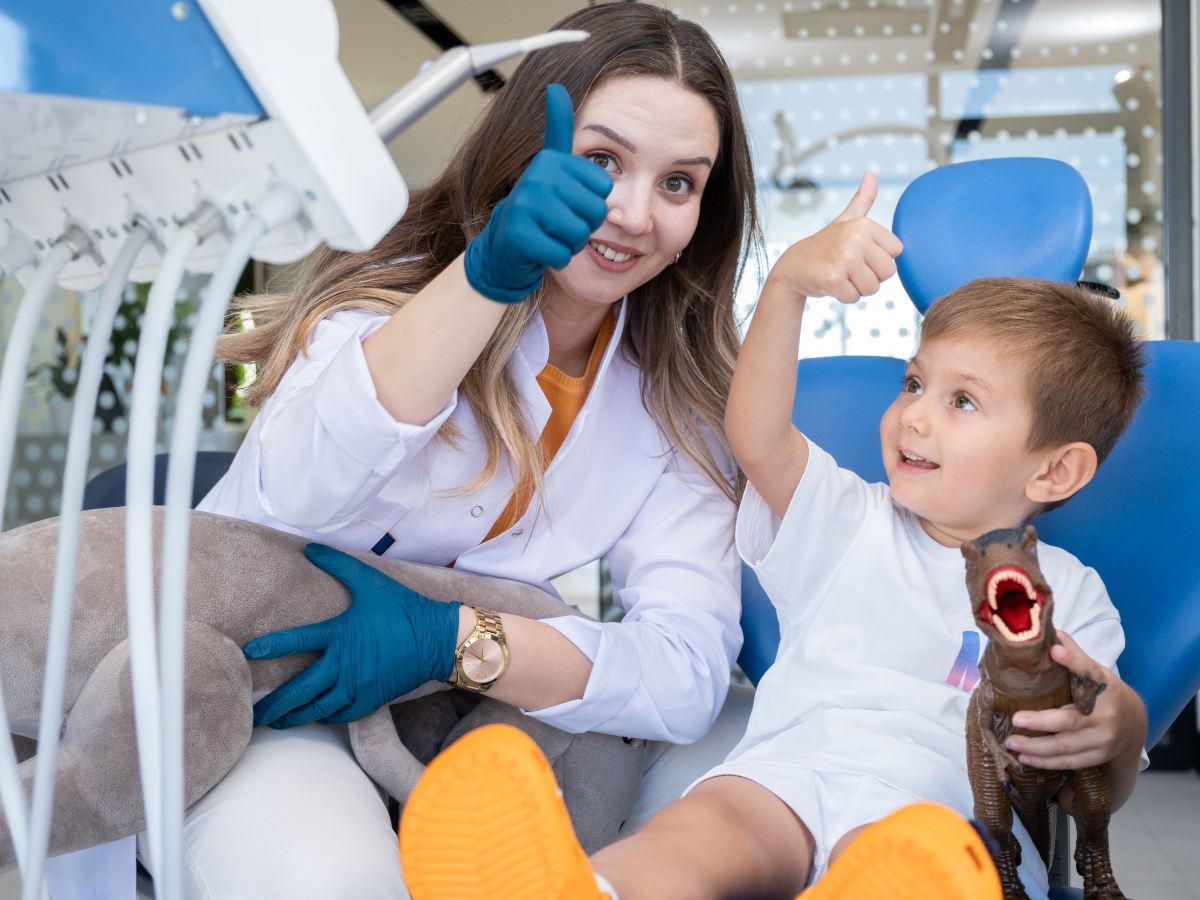
When children experience dental anxiety
When children experience dental anxiety, parents often seek a dentist on Avenue Rd who specializes in safe sedation techniques for young patients. Pediatric sedation dentistry requires specialized training, precise protocols, and careful monitoring to ensure child safety while providing comfortable dental care.
At North Toronto Dental Centre, located at 1942 Avenue Rd, North York, ON, M5M 4A1, dental professionals understand that managing pediatric anxiety requires expertise in age-appropriate sedation methods. Parents can feel confident knowing their children receive care from professionals trained in pediatric sedation safety protocols.
How Your Dentist on Avenue Rd Administers Nitrous Oxide
Nitrous oxide represents the most commonly used sedation method for children in dental offices. A qualified dentist on Avenue Rd follows strict administration protocols established by the Canadian Dental Association and provincial regulatory bodies.
Nitrous Oxide Administration Steps:
- Pre-treatment medical history review and vital sign assessment
- Proper mask fitting to ensure comfortable seal without anxiety
- Gradual introduction starting at 20% nitrous oxide, 80% oxygen
- Continuous monitoring of patient responsiveness and comfort level
- Incremental adjustments based on individual patient response
- Maximum concentration typically limited to 50% for pediatric patients
The dentist monitors the child's response throughout the procedure, adjusting concentrations as needed. Children remain conscious and responsive during nitrous oxide administration, allowing for communication and cooperation during treatment.
Monitoring Equipment Used by Dentist on Avenue Rd
Professional pediatric sedation requires specialized monitoring equipment that tracks vital signs throughout the procedure. A properly equipped dentist on Avenue Rd uses pulse oximetry, blood pressure monitoring, and continuous observation protocols.
Pulse oximetry monitors oxygen saturation levels in the blood, ensuring adequate oxygenation throughout sedation. The American Academy of Pediatric Dentistry recommends continuous pulse oximetry monitoring for all sedated pediatric patients.
Blood pressure and heart rate monitoring help detect any cardiovascular changes during sedation. The dentist maintains detailed records of vital signs at regular intervals throughout the procedure.
Visual and verbal monitoring remains equally important, with the dentist continuously assessing the child's level of consciousness, breathing patterns, and overall comfort during treatment.
Oral Conscious Sedation by Dentist on Avenue Rd
Oral conscious sedation involves administering liquid medications to help children relax before and during dental procedures. A trained dentist on Avenue Rd calculates precise dosages based on the child's weight, age, and medical history.
Common Oral Sedation Medications:
- Midazolam (most frequently used for pediatric patients)
- Chloral hydrate (for younger children requiring deeper sedation)
- Hydroxyzine (antihistamine with sedative properties)
- Combination medications tailored to individual patient needs
Dosage calculations follow established pediatric guidelines, typically ranging from 0.25-0.5 mg/kg for midazolam. The dentist considers factors such as the child's anxiety level, procedure duration, and previous sedation experiences.
Weight and Age-Based Dosage Calculations
Precise dosage calculations represent a critical safety aspect of pediatric sedation that a qualified dentist on Avenue Rd must master. Pediatric dosing differs significantly from adult protocols due to children's unique metabolism and body composition.
Weight-based calculations ensure appropriate medication levels while avoiding overdosing. The dentist uses current weight measurements, not estimated weights, for all dosage calculations.
Age considerations affect medication selection and dosing intervals. Younger children may require different medications or modified dosing schedules compared to older pediatric patients.
Medical history review identifies contraindications or conditions requiring dosage adjustments. Children with certain medical conditions may need alternative sedation approaches or modified protocols.
Pre-Operative Fasting Requirements
Proper fasting protocols reduce aspiration risks during pediatric sedation procedures. A responsible dentist on Avenue Rd provides clear fasting instructions to parents before scheduled sedation appointments.
Standard Fasting Guidelines:
- Clear liquids: 2 hours before sedation
- Breast milk: 4 hours before sedation
- Formula or light meals: 6 hours before sedation
- Heavy meals or fatty foods: 8 hours before sedation
Parents receive detailed written instructions explaining fasting requirements and emergency contact information. The dentist confirms compliance with fasting guidelines before beginning any sedation procedure.
Exceptions may apply for certain medical conditions or emergency situations, requiring individualized assessment by the dentist.
Post-Sedation Recovery Monitoring
Safe recovery monitoring represents an essential component of pediatric sedation that a qualified dentist on Avenue Rd must provide. Children require supervised recovery until they return to baseline consciousness levels.
Recovery Monitoring Protocol:
- Continuous vital sign monitoring until stable
- Assessment of consciousness level and responsiveness
- Evaluation of motor coordination and balance
- Monitoring for nausea, vomiting, or other side effects
- Documentation of recovery milestones and discharge criteria
The dentist ensures children meet specific discharge criteria before releasing them to parents. These criteria include stable vital signs, appropriate consciousness level, and absence of concerning symptoms.
Parents receive detailed post-sedation care instructions, including activity restrictions, dietary recommendations, and signs requiring immediate medical attention.
Safety Protocols and Emergency Preparedness
A properly trained dentist on Avenue Rd maintains comprehensive emergency protocols and equipment for managing potential sedation complications. Emergency preparedness represents a fundamental requirement for safe pediatric sedation.
Emergency equipment includes oxygen delivery systems, suction apparatus, and age-appropriate resuscitation equipment. The dentist and staff receive regular training in pediatric emergency management and CPR certification.
Established protocols address various emergency scenarios, including respiratory depression, allergic reactions, and cardiovascular complications. The dentist maintains current emergency contact information for local hospitals and emergency medical services.
Regular equipment checks and staff training ensure readiness for any emergency situation that might arise during pediatric sedation procedures.
Contact North Toronto Dental Centre
North Toronto Dental Centre provides safe, professional pediatric sedation services with experienced staff trained in child anxiety management. Contact them at 416-783-4433 or reception@ntdental.ca to discuss sedation options for your child's dental care needs.
The clinic is open Monday through Thursday from 8:00am to 6:00pm, Friday and Saturday from 8:00am to 3:00pm (two Saturdays per month), making it convenient for families to schedule pediatric sedation appointments when needed.
Understanding pediatric sedation safety protocols helps parents make informed decisions about their children's dental care and ensures positive experiences that promote lifelong oral health habits.
Archive



